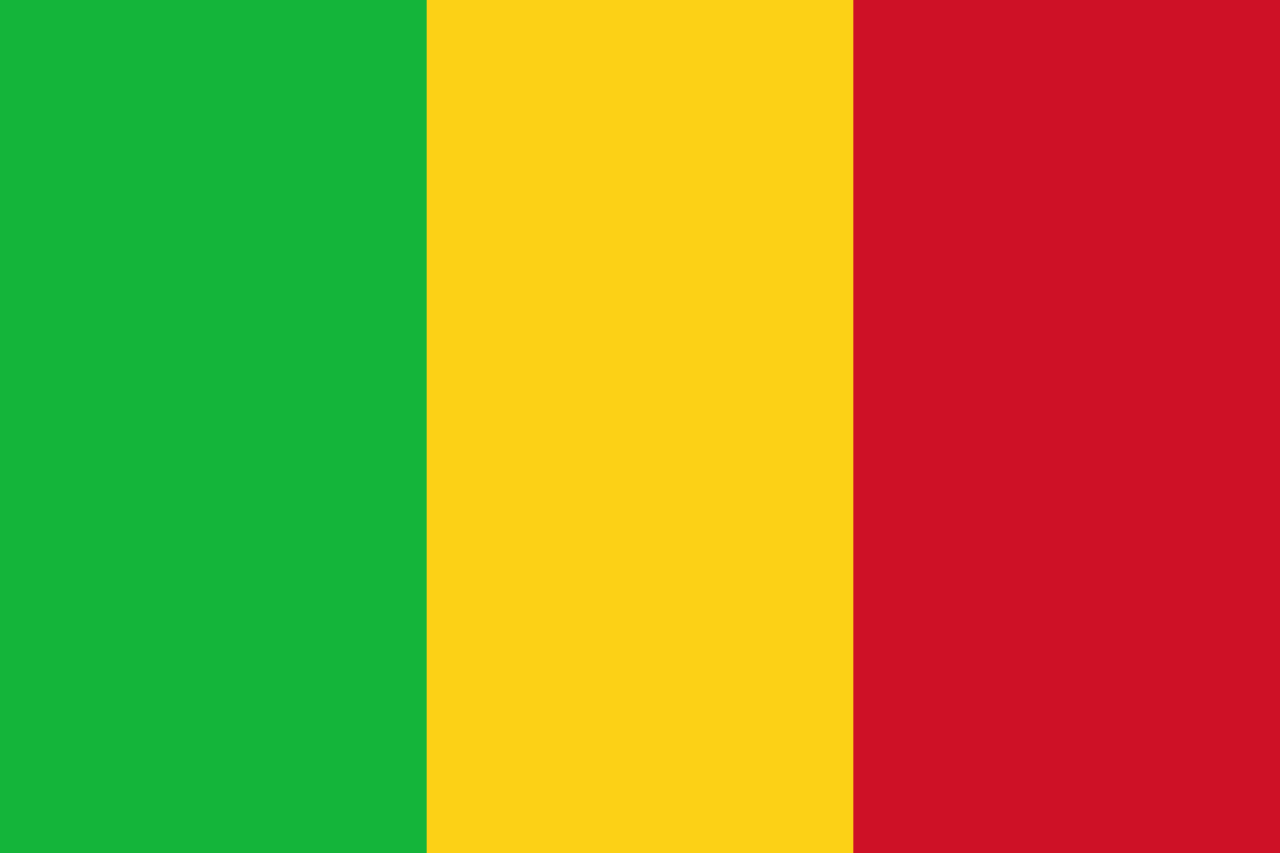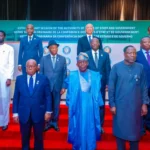The Coup d’etat of March 2012 by middle ranking army officers In Mali has created a serious crisis that neither ECOWAS nor the African Union is sure of how to handle effectively. Indeed, all the signals from the Malian conflict point to the direction of intractable violent conflicts and political regression for the coming years. The coup itself started as a mutiny by drunken soldiers at the Kati barracks in the outskirts of Bamako demanding for more arms and resources to fight the Tuareg rebellion in the north. They felt that neither the then President Amadou Toumani Toure nor the Defence Minister, Saddio Gassama were concerned about the plight of fighting solders or supporting them to fight effectively. The context was that since January, the Malian army had been defeated by Tuareg rebels and forced to withdraw from eight towns in northern Mali. It was in this context that Captain Amadou Sanogo was able to transform his mutiny into a coup d’état when he found no resistance to his protesting troops. ECOWAS was able to force him to “step” down and get an interim President who was thoroughly beaten up by so called civil society protestors and had to ran to Paris to “recover” or more accurately stay away from his delicate reality of an acting President that had absolutely no powers.
West African presidents met this Saturday with Malian civil leader in a bid to secure a national unity government that can tackle the power grab by Islamist militants in the north. The ECOWAS top mediator, Burkina Faso’s President Blaise Compaore had hosted Saturday’s meeting in his capital Ouagadougou with five other heads of state from the region. Also in attendance were politicians, religious and trade union leaders. The objective was to pressurize Malian stake- holders to take urgent steps to establish a government of national unity that could combat the insurgency in the north. The ECOWAS chairman, Alassane Ouattara, the president of Cote d’Ivoire was clear in his message to the meeting; West Africa cannot accept the partition of a member state. The real question however is: what can West Africa do about it? There was no leadership as Mali’s interim president; Dioncounda Traore, has refused to leave Paris and return to exercise the power he did not really have. Even the Malian Prime Minister, Cheikh Modibo Diarra absented himself from the meeting, probably unhappy about the ECOWAS search fora more inclusive government in Mali. The fact of the matter is that when ECOWAS forced the putchists to step down from power, they announced they had stepped down but they did not really cede power. They remain in control from behind the scenes and were able to organise “civil society” to beat up the acting President. Since then, they have been orchestrating the growth of a so-called “popular movement” in support of the coup plotters. On the Saturday of the meeting, the said “Popular Movement of 22nd March” was busy organising a mass demonstration of “patriotic Malians” against the ECOWAS meeting. They have announced plans to hold a national convention from 14th to 16th July. It is the strength of the putchists that has prevented Acting President Traore from returning to Bamako in spite of repeated calls from ECOWAS for his return.
Meanwhile, the international community remains very concerned about the growing strength and activities of Islamic radicals in the country. The destruction of religious sites and artifacts by the rebels last week has prompted a warning from the International Criminal Court of possible investigation for crimes against humanity. The United Nations Security Council passed a resolution last Thursday expressing “deep concern” at the presence of Al-Qaeda in the Islamic Maghreb (AQIM) fighters in northern Mali. The Council however held back from giving a UN mandate to any West African force that could help Mali’s interim government takes back the territory.
Then the March coup occurred, the whole world had immediately and unequivocally condemned the coup d’état and called for an immediate return of the country to constitutional order. It would be recalled that the coup occurred just one month before Presidential elections in which the then President Toure was not a candidate. The coup was not about alternation of power, it was about redefining the Malian State. For ECOWAS, it was an affront as it negated the standards, values and principles of governance acceptable to the West African peoples as enshrined in the spirit and letter of the ECOWAS Supplementary proto- col on Democracy and Good Governance. It was also a circumvention of the collective will and sovereignty of the people of Mali and most of the country’s political parties came out to oppose it. And yet, Mali appeared to the pre2012 world as a country in which democracy had been consolidated.
In reality however, over the past two decades, Mali’s security landscape has been characterised by urban banditry as well as inter-community and religious conflicts. In addition, the country witnessed the Tuareg rebellion in the North between1990-1996 and a new insurgency started in January 2012. In addition, trans-border criminality by gangs trafficking cigarettes, drugs and weapons was rife while the presence of terrorists affiliated with Al Qaida in the Islamic Maghreb (AQMI) in the north was well known.
Mali is a huge country with 1, 241 328 km² and a frontier of 7240 km with seven countries – Algeria, Niger, Burkina Faso, Côte d’Ivoire, Guinea, Senegal and Mauritania. The exercise of state sovereignty over a significant part of the country had been challenged over a long time. In 1970, the late Libyan leader, Col Gaddafi had called on all Tuaregs in Mali and Niger to move to Libya as citizens and many of them took up the offer. The younger generation joined the Islamic Legion and were active in the National Movement for the Liberation of Azawad that fought for the autonomy of Northern Mali in the early 1990s. It is a secular movement with strong support in France. The Movement has however already been chased out by the radical Islamic militants and their leader, Ag Acherit, who thought he was about to realise his dream of establishing the Republic of Azawad in which his Tuareg people will exercise their self determination has been sent packing.
The Islamists have since chased the Tuareg nationalists out of key towns, imposed Sharia law, and last week destroyed ancient Muslim religious sites which they deemed un- Islamic without regard to the UN classification of the sites world heritage legacy.
The reality on the ground is that the country is moving towards intensification of violent conflict but the recent mining of the approaches to the cities means there will be no easy dislodging of the insurgents. The crisis can easily blow up and have a domino effect in this volatile sub-region extending to Algeria, Mauritania and Niger. The vast spaces beyond state control in the zone are fertile grounds for terrorist groups and their reach can expand quite rapidly. The present conjuncture with the rapid growth of narco-trafficking, proliferation of small arms and light weapons following the return of large numbers of Libyan combatants of Malian origin and the activism of Al Qaida in the Islamic Maghreb (AQMI) makes Mali one of the hottest conflict spots with high probability and possibility of instability. It’s therefore not surprising that neither ECOWAS nor the international community is sure of what needs to be done.

 Join Daily Trust WhatsApp Community For Quick Access To News and Happenings Around You.
Join Daily Trust WhatsApp Community For Quick Access To News and Happenings Around You.

